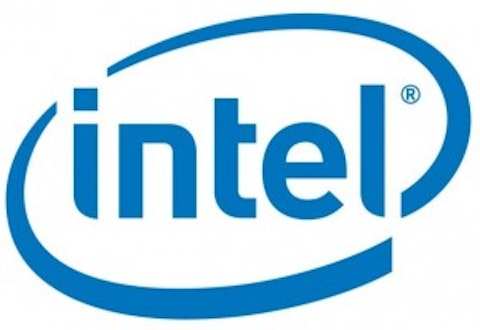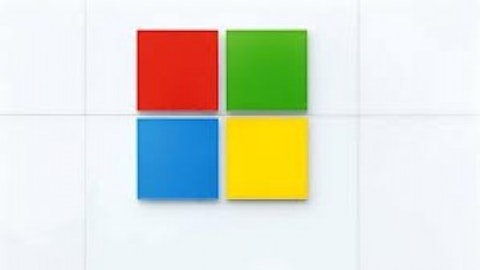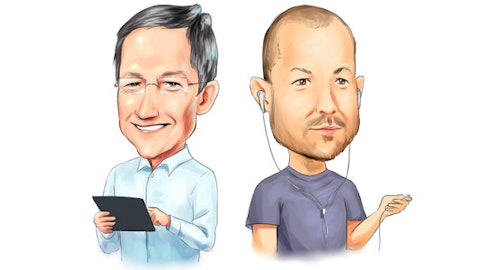
New contender: mobile device makers
Hip smartphones and tablets now offer computing power that rivals PCs. Furthermore, these small, portable devices are more convenient to use than PCs. Such factors lead consumers swiftly toward newer mobile devices, and away from PCs.
Just look to Samsung to get an idea of what PCs are up against. The market leader in mobile phone shipments with 29% of the market, Samsung shipped 63 million units in the fourth quarter last year and 64.7 million in the first quarter of 2013.
Keep in mind that this includes only mobile – it does not take into account tablet sales. In contrast, total worldwide PC shipments came to only 90.3 million units in the fourth quarter and 79.2 million in the first quarter of 2013 according to Gartner Research. As the PC market faced a 4.9% decline in fourth quarter shipments from 2011 to 2012, mobile saw a 27.2% increase.
Why the change? Consumers get much of the same functionality from a mobile device that they need from a PC: email, web browsing, social media, and games. So when the time comes to buy another unit, people tend to buy the couple-hundred-dollar phone, as opposed to a new PC that runs into the high hundreds or low thousands.
Old Fighter: PC makers
PC makers devised a new plan of attack to combat this challenge. With lower prices and reduced power consumption, they crafted technology to compete with mobile’s finest.
For example, Intel Corporation (NASDAQ:INTC) released information on its newest core CPU: the 4th Gen Intel Corporation (NASDAQ:INTC) Core 7. It processes more efficiently than previous Intel Corporation (NASDAQ:INTC) chips, while using less power. Computers made with these chips will help keep both the PC manufacturers and part makers (like Intel Corporation (NASDAQ:INTC)) afloat. One type of computer made with these chips is a laptop whose screen functions also as a tablet.
Microsoft Corporation (NASDAQ:MSFT) essentially designed its Windows 8 for touchscreen computing. Additionally, Microsoft Corporation (NASDAQ:MSFT) offers PC manufacturers drastic discounts on software to help lower the price of PCs for consumers. Manufacturers only pay $30 for Windows 8 and Microsoft Corporation (NASDAQ:MSFT) Office, a 75% discount from the original price manufacturers paid.
With manufacturers paying less for software, laptops can be sold for lower prices. Microsoft Corporation (NASDAQ:MSFT) hopes to see the price of touchscreen laptops drop from the current $700-plus to about $300 according to the Wall Street Journal.
Conclusion
Despite valiant efforts and great advances, PCs will continue to die their slow death. Even though PC makers made technological advances, they are not well-received. Consumers think of Windows 8 as buggy and hard to use, according to various articles on ZDNet. The operating system’s sales are worse than even Windows Vista’s sales in 2007. Additionally, PC shipments dropped for the fifth quarter in a row. Global second-quarter shipments decreased by 10.2%. Market share continues to slip through PC makers’ fingers, even as they release more efficient and lower-priced computers.
As we watch this fight play out, we see that experience and age are not the most important attributes. Instead, the young, spry competitor continues to dominate the market and steal market share. Though the older tech firms will not leave the ring overnight, we will continue to see them losing this fight with younger tech firms.
The article Old Tech Firms Struggle to Stay Relevant originally appeared on Fool.com and is written by Marie Palumbo.
This article was written by Michele Milheim and edited by Chris Marasco. Chis Marasco is Head Editor of ADifferentAngle. Neither has a position in any stocks mentioned. The Motley Fool recommends Intel. The Motley Fool owns shares of Intel and Microsoft. Marie is a member of The Motley Fool Blog Network — entries represent the personal opinion of the blogger and are not formally edited.
Copyright © 1995 – 2013 The Motley Fool, LLC. All rights reserved. The Motley Fool has a disclosure policy.




